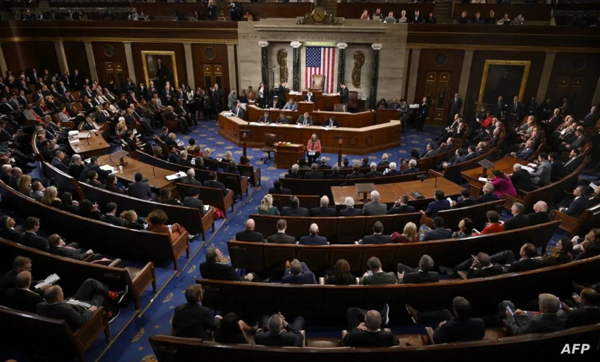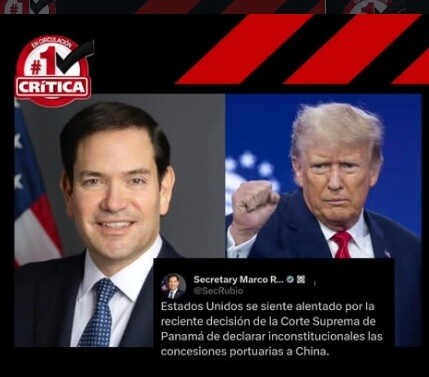
The United States has always needed external labor. However, if the country had a vision focused on the development of Latin America, it could be taking advantage of a potential market of around 670 million inhabitants. Despite this, the rate of demographic growth in the region is much higher than that of U.S. society.
For more than 30 years, there has been a successful commercial and cultural integration in the North American region, despite some exceptions in government decisions.
On the other hand, labor in the United States is one of the most expensive in the world. There is a possibility that the country could fall into recession in 2026 if the correct economic decisions are not made.
The imposition of a 25% tariff on Mexico and Canada, as announced by President Trump, would effectively cancel the North American Free Trade Agreement. This measure directly undermines the benefits that free trade brings to societies, making production costs more efficient and reducing final product prices.
Government interventions can create market distortions, leading to losses in businesses, lower tax revenues, fewer jobs, and a deterioration in the general standard of living in society.
The key to success in the North American economic bloc has been that the agreement establishes the basis for the trade relationship, allowing integration to occur naturally by liberalizing trade.
The United States' vision of economic integration has been criticized for being shortsighted and arrogant, failing to consider the long-term benefits that greater trade openness could bring.
Despite the favorable economic situation that the United States is currently in, Trump has justified the imposition of tariffs based on a supposed "economic emergency" that grants him constitutional powers to take extreme measures.
The reaction of imposing tariffs on trade partners could trigger a global trade war and increase cost inflation worldwide. This measure would severely affect the economies involved and the global economic stability.
The improvisation, egocentrism, and arrogance in Trump's decision-making could have negative consequences globally, generating instability and trade conflicts not only with Mexico and Canada but also with other important trade partners.
Encouraging manufacturing in a world moving toward digitalization and the service economy could be counterproductive in the long term for the North American economy. Technological evolution is leading the global economy toward new business models that require adaptation and flexibility.
The repercussions of this protectionist measure could trigger a series of events that affect the involved economies and the global economic system in general, generating uncertainty and international trade conflicts.














